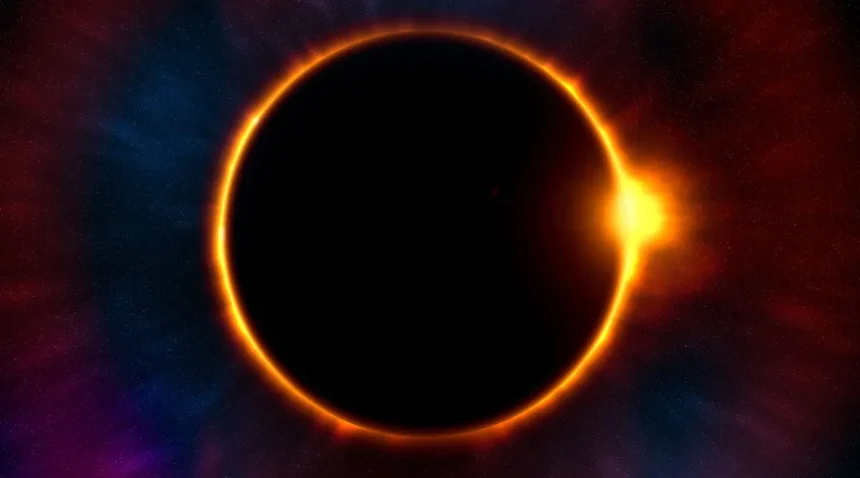Skywatchers are eagerly awaiting the upcoming solar eclipse in 2024, a rare celestial event that promises a breathtaking display in the skies over North America. However, amid the anticipation, it’s essential to address a critical safety concern: looking directly at the eclipse. Contrary to popular belief, viewing a solar eclipse with the naked eye is not the only risky behavior; using telescopes, binoculars, or cameras to gaze at the sun during an eclipse can also pose serious dangers.
The allure of capturing stunning images or observing the eclipse up close through magnifying devices can be tempting. Still, experts strongly advise against it due to the potential harm to one’s eyesight. The intense solar radiation emitted during an eclipse can cause irreversible damage to the retina, leading to permanent vision impairment or even blindness. Therefore, precautions must be taken to protect the eyes and ensure a safe viewing experience.
One of the primary reasons why it’s unsafe to observe a solar eclipse through telescopes, binoculars, or cameras is the concentrated solar energy they collect and focus onto the eye. Unlike regular sunglasses or solar filters specifically designed for eclipse viewing, these optical instruments can intensify sunlight, amplifying the risk of eye injury. Even a momentary glance at the sun without adequate protection can result in severe retinal burns or solar retinopathy.
To safeguard against potential harm, experts recommend using certified solar filters or eclipse glasses that meet international safety standards for direct solar viewing. These specialized filters effectively block harmful ultraviolet, infrared, and visible light, allowing observers to witness the eclipse safely. Additionally, indirect viewing methods, such as pinhole projectors or solar viewing cards, offer alternative ways to experience the eclipse without risking eye damage.
Furthermore, it’s crucial to educate the public about the risks associated with improper eclipse viewing practices and promote awareness of safe viewing techniques. Public health campaigns, educational initiatives, and outreach efforts can help disseminate accurate information and dispel misconceptions about eclipse safety. By emphasizing the importance of eye protection and providing guidance on responsible viewing habits, we can ensure that everyone can enjoy the spectacle of a solar eclipse without compromising their vision.
